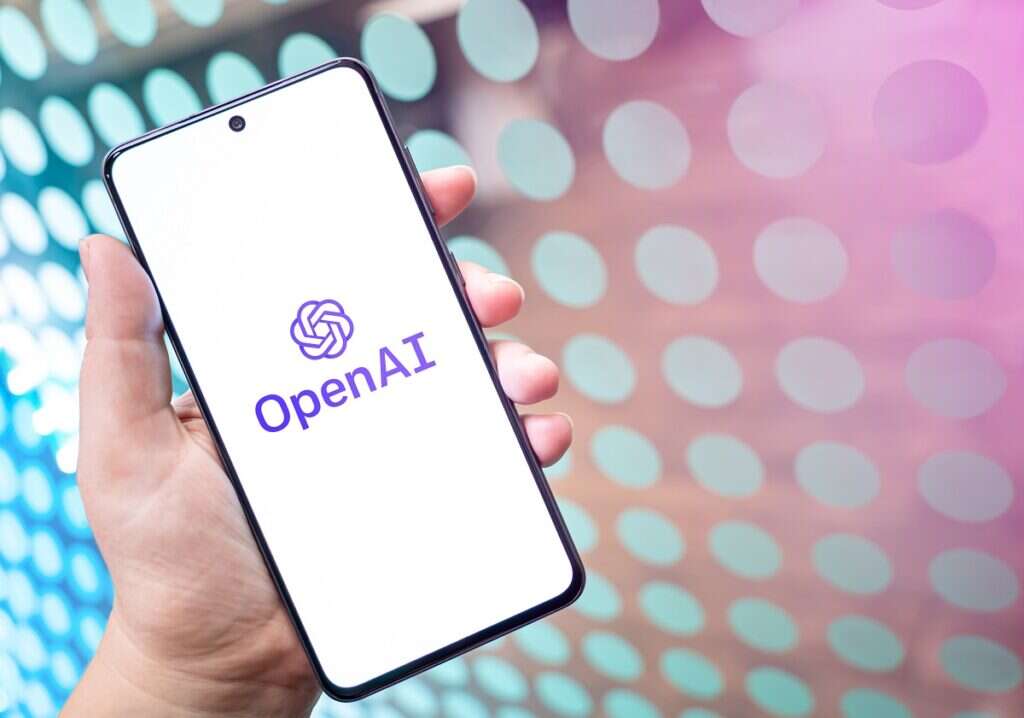
Microsoft will take an observational role on OpenAI’s new-look board of directors, the company’s CEO Sam Altman has revealed. In his first public statement since his controversial firing and re-hiring last week, Altman confirmed that there is no place on the new board for Ilya Sutskever, the company’s chief scientist who is said to have been instrumental in his ousting.

Altman’s comments came as ChatGPT, the chatbot developed by the company that kickstarted the AI revolution, turns one year old. The viral success of the system caused tech leaders around the world to look at the potential applications of generative AI in their organisations, and tech vendors to move quickly to infuse more of their products with artificial intelligence.
This has also led to a global debate around AI safety, with the UK and US developing AI safety institutes and the EU drawing up its AI Act to regulate the technology as it becomes more powerful.
Details of the new-look OpenAI revealed
It is thought a conflict between the company’s commercial ambitions and the aims of its former directors – who were given a mission to develop safe artificial general intelligence – led to Altman being fired on 17 November.
He was subsequently set to join Microsoft, which is a key investor in OpenAI, to lead a new team, but agreed to return to his old role and work under a new board of directors after the company’s staff threatened to walk out and join him at MSFT.
In a message to his team, Altman confirmed the new board currently comprises three members: existing director Adam D’Angelo, CEO of Quora; former US Treasury secretary Larry Summers; and Bret Taylor, ex-co-CEO of Salesforce, who is chairing the group. It has been reported that OpenAI will recruit new board members to create a group of nine to oversee the company’s work.
Altman said this new board will include Microsoft, describing the tech giant’s executives as “incredible partners throughout this, with exactly the right priorities all the way through”. He said: “We clearly made the right choice to partner with Microsoft and I’m excited that our new board will include them as a non-voting observer.”
While the company’s CTO, Mira Murati, will remain in place, the role of Sutskever is unclear. He had initially led moves to remove Altman, before having a public change of heart and signing a letter from staff calling for his reinstatement.
Altman said: “I love and respect Ilya, I think he’s a guiding light of the field and a gem of a human being.” He added: “While Ilya will no longer serve on the board, we hope to continue our working relationship and are discussing how he can continue his work at OpenAI.”
The OpenAI CEO said he has “never been more excited about the future”. He continued: “I am extremely grateful for everyone’s hard work in an unclear and unprecedented situation, and I believe our resilience and spirit set us apart in the industry. I feel so, so good about our probability of success for achieving our mission.”
OpenAI’s board needs more diverse voices
The changes at OpenAI mean that its board is entirely comprised of men, with its two former female directors, Tasha McCauley and Helen Toner, having stood down.
Writing on X, Toner, an academic at the Center for Security and Emerging Technology at Washington’s Georgetown University, said the initial decision to part ways with Altman “was about the board’s ability to effectively supervise the company, which was our role and responsibility”. She added: “Though there has been speculation, we were not motivated by a desire to slow down OpenAI’s work.”
Today, I officially resigned from the OpenAI board.
— Helen Toner (@hlntnr) November 30, 2023
Thank you to the many friends, colleagues, and supporters who have said publicly & privately that they know our decisions have always been driven by our commitment to OpenAI’s mission.
1/5
Altman said the new directors will be “working very hard on the extremely important task of building out a board of diverse perspectives, improving our governance structure and overseeing an independent review of recent events”. He continued: “I look forward to working closely with them on these crucial steps so everyone can be confident in the stability of OpenAI.”
Read more: Will OpenAI really build its own chips?






